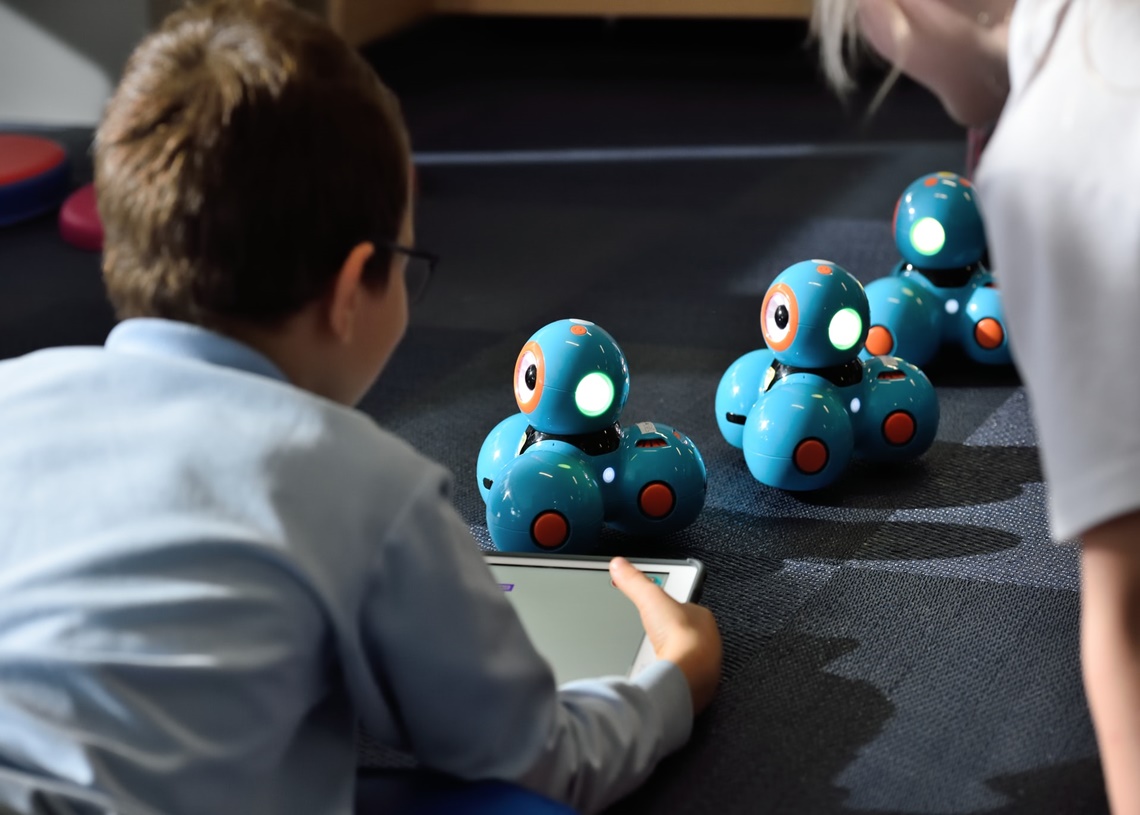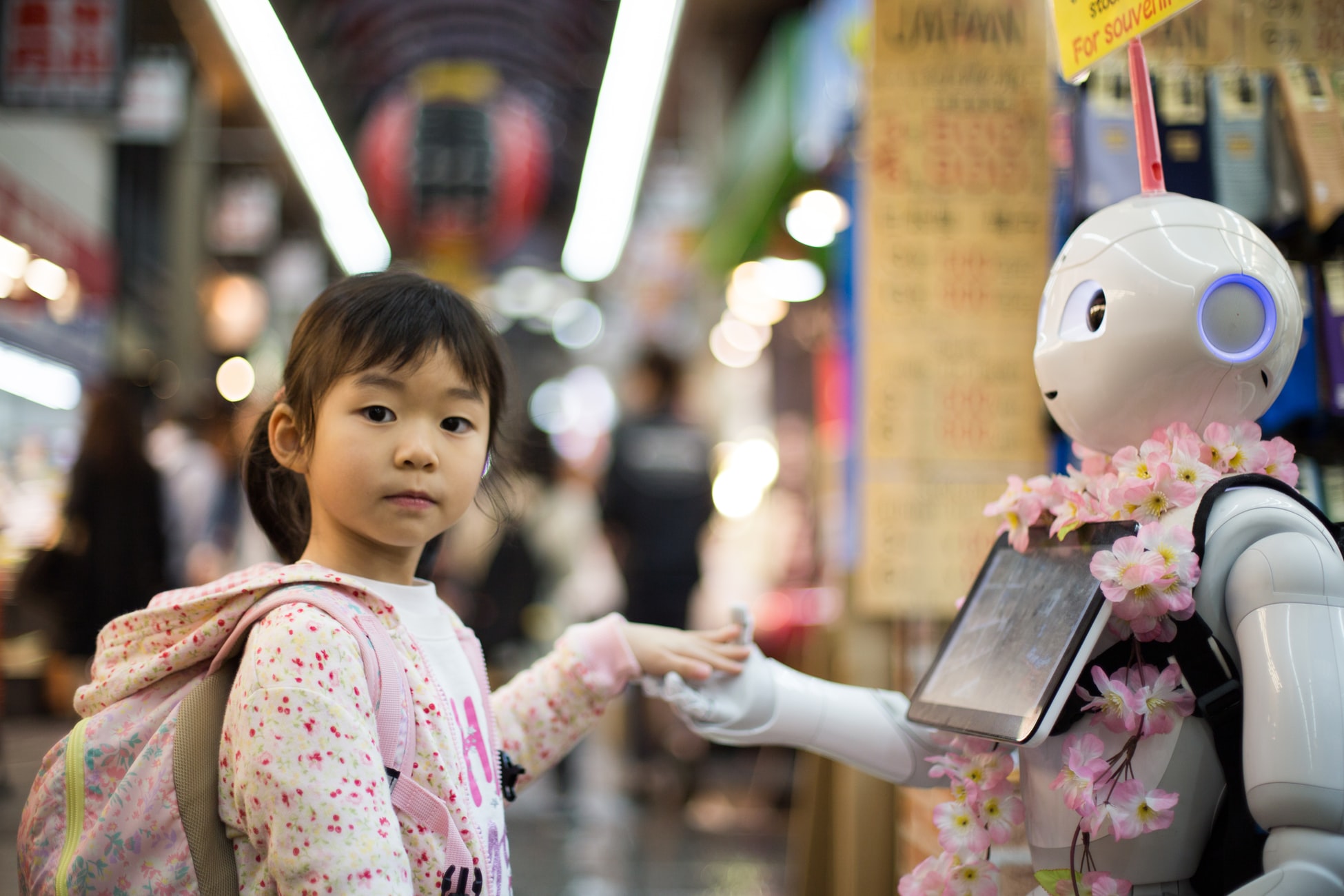Facebook chatbots continue to transform the way consumers interact with their favorite brands on the world’s most extensive social media platform – a must-have tool for every marketing mix.
However, what makes this recently launched, more human-like yet futuristic, open-source chatbot Blender is its ability to strike a meaningful conversation about almost anything under the sun.
Siri and Alexa might have come in very handy in times of COVID-19 crisis where people are increasingly reliant on technologies to shop, connect, and stay entertained while following social distancing protocols. Still, there is a limit to their progress. And everyone will agree when I say that they are terrible at striking a conversation.
A deeper look into Facebook chatbots
According to Facebook’s AI research team, Blender is the revolutionary outcome of years of research to combine human intelligence with complex emotions like empathy, sensibility, and personality.
Be it in any context; Blender promises to interact in a more sensible and free-flowing way. It will not only exhibit knowledge about a specific topic but also express human emotions from time to time, such as empathy, appreciation, and playfulness, giving listeners a feeling of talking to another human.
Needless to add, the recipe for making this almost human robot involved more than just modifying a few parameters. It takes a massive chunk of data, such as inputs from over 1.5 billion Reddit conversations, to make it sound convincing and give it its own personality.
As per the company’s blog post, a good conversationalist demonstrates more than just knowledge of a particular subject. It involves listening carefully, assessing the information accurately, and then processing it to give an output that is not only context-based but also considers aspects like the tone, mood, and situation.
Assessing the two sides of the technology coin
It is important to note here that while Facebook chatbots are doing their best to make associations that result in a sensible conversation, they don’t actually understand what they are saying in reality. Although the responses might seem appropriate at the time, they do not comprehend the language and its implications on a young mind.
That’s where we, as parents, come into the picture. While there may be more than just a few reasons to teach our kids the importance of technology and a few aspects of artificial intelligence, given that emerging technologies like blockchain and AI will increasingly drive the world, we must not allow new technology to invade our homes and schools without pre-screening and censorship.
The technology is only as good (or bad) as its user, and while the use of technology makes a good copy, at its very core, it is neutral. Thus, teaching our kids a thing or two of upcoming technologies will prime them to grasp programming skills better, but it does expose a vulnerability argument.
Young minds can be easily influenced and persuaded. So, when these state-of-the-art Facebook chatbots use people’s thoughts and study behaviors to create more addictive experiences, there are ethical risks that come with it.
Technology can have devastating side-effects
As parents, we need to realize that Facebook chatbots, like any other technology, have goals and opinions that might not necessarily align with our ethical considerations. The same technology, if fallen into the wrong hands, can have devastating consequences.
To give an idea of what the technology can do, nuclear scientists and defense engineers recently warned the technology experts of the dangers that could arise from the continual integration of AI into missiles. They proposed that it could ultimately lead to an all-out nuclear war.
In another instance, the UK’s prime cybersecurity agency published a report that reveals that malicious actors are turning to AI to enhance the reach of their malware attacks by primarily exploring their offensive capabilities.
While all this might sound scary, there are a few measures we could take to mitigate the negative impact of the technology. We can supervise the internet access of our kids and track the amount of time spent online.
Protect the impressionable minds of children
We could also make use of some reliable parental control services available online and prevent our kids from viewing or accessing illegal websites, pornography, or explicit content that come with free browsing.
While exercising parental control, do keep in mind their need for privacy. Before going ahead and implementing any of these measures, do take efforts to communicate with your kids and explain the need for doing it. As long as you assure them that you have their best interests in mind, there will be lesser chances of them seeking a way to circumvent the restrictions.
Yes, Facebook chatbots are cool. But the most significant harm will not come from the robots but humans who will use the robots for their own purposes. Remember, all technologies are useful when used for a legitimate purpose. But not all humans think right, and that’s the downside of any technology.







